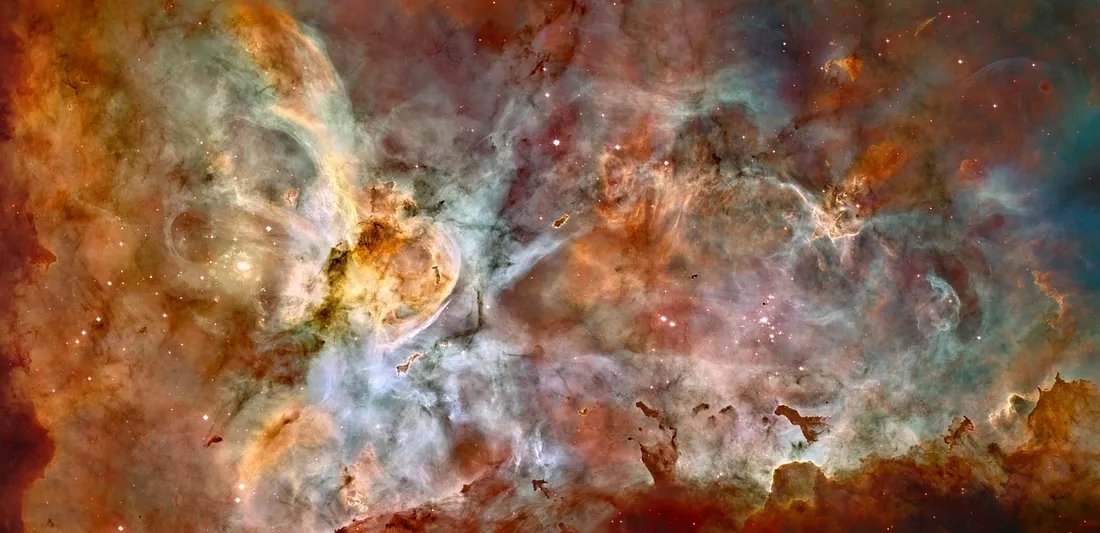

Nietzsche
<in progress>

goethe
<in progress>

David Wallace
[American poetry has] forgotten the reader. . . . [T]here are a few really good poets who suffered because of the desiccation and involution of poetry, but for the most part I think American poetry has gotten what it’s deserved. . . . [I]t’ll come awake again when poets start speaking to people who have to pay the rent.—Although Of Course You End Up Becoming Yourself
The next real literary "rebels" in this country might well emerge as some weird bunch of "anti-rebels," born oglers who dare to back away from ironic watching, who have the childish gall to actually endorse single-entendre values. Who treat old untrendy human troubles and emotions in U.S. life with reverence and conviction. Who eschew self-consciousness and fatigue. These anti-rebels would be outdated, of course, before they even started. Too sincere. Clearly repressed. Backward, quaint, naive, anachronistic. Maybe that'll be the point, why they'll be the next real rebels. Real rebels, as far as I can see, risk things. Risk disapproval. The old postmodern insurgents risked the gasp and squeal: shock, disgust, outrage, censorship, accusations of socialism, anarchism, nihilism. The new rebels might be the ones willing to risk the yawn, the rolled eyes, the cool smile, the nudged ribs, the parody of gifted ironists, the "How banal." Accusations of sentimentality, melodrama. Credulity. Willingness to be suckered by a world of lurkers and starers who fear gaze and ridicule above imprisonment without law. Who knows.—“E Unibus Pluram: Television and U.S. Fiction"
[F]iction becomes a way to go deep inside yourself and illuminate precisely the stuff you don’t want to see or let anyone else see, and this stuff usually turns out (paradoxically) to be precisely the stuff all writers and readers everywhere share and respond to, feel. Fiction becomes a weird way to countenance yourself and to tell the truth instead of being a way to escape yourself or present yourself in a way you figure you will be maximally likable. This process is complicated and confusing and scary, and also hard work, but it turns out to be the best fun there is.—“The Nature of the Fun”
What goes on inside is just too fast and huge and all interconnected for words to do more than barely sketch the outlines of at most one tiny little part of it at any given instant.—”Good Old Neon.”

Vladimir Nabokov
Although I am capable, through long dabbling in blue magic, of imitating any prose in the world . . . , I do not consider myself a true artist, save in one matter: I can do what only a true artist can do—pounce upon the forgotten butterfly of revelation, wean myself abruptly from the habit of things, see the web of the world, and the warp and the weft of that web.”—Pale Fire

Carl Sagan
I have a foreboding of an America in my children's or grandchildren's time . . . . when, clutching our crystals and nervously consulting our horoscopes, our critical faculties in decline, unable to distinguish between what feels good and what's true, we slide, almost without noticing, back into superstition and darkness.—The Demon-Haunted World
Whatever the problem, the quick fix is to shave a little freedom off the Bill of Rights. Yes, in 1942, Japanese-Americans were protected by the Bill of Rights, but we locked them up anyway—after all, there was a war on. The pre-texts change from year to year, but the result remains the same: concentrating more power in fewer hands and suppressing diversity of opinion—even though experience plainly shows the dangers of such a course of action.—The Demon-Haunted World







